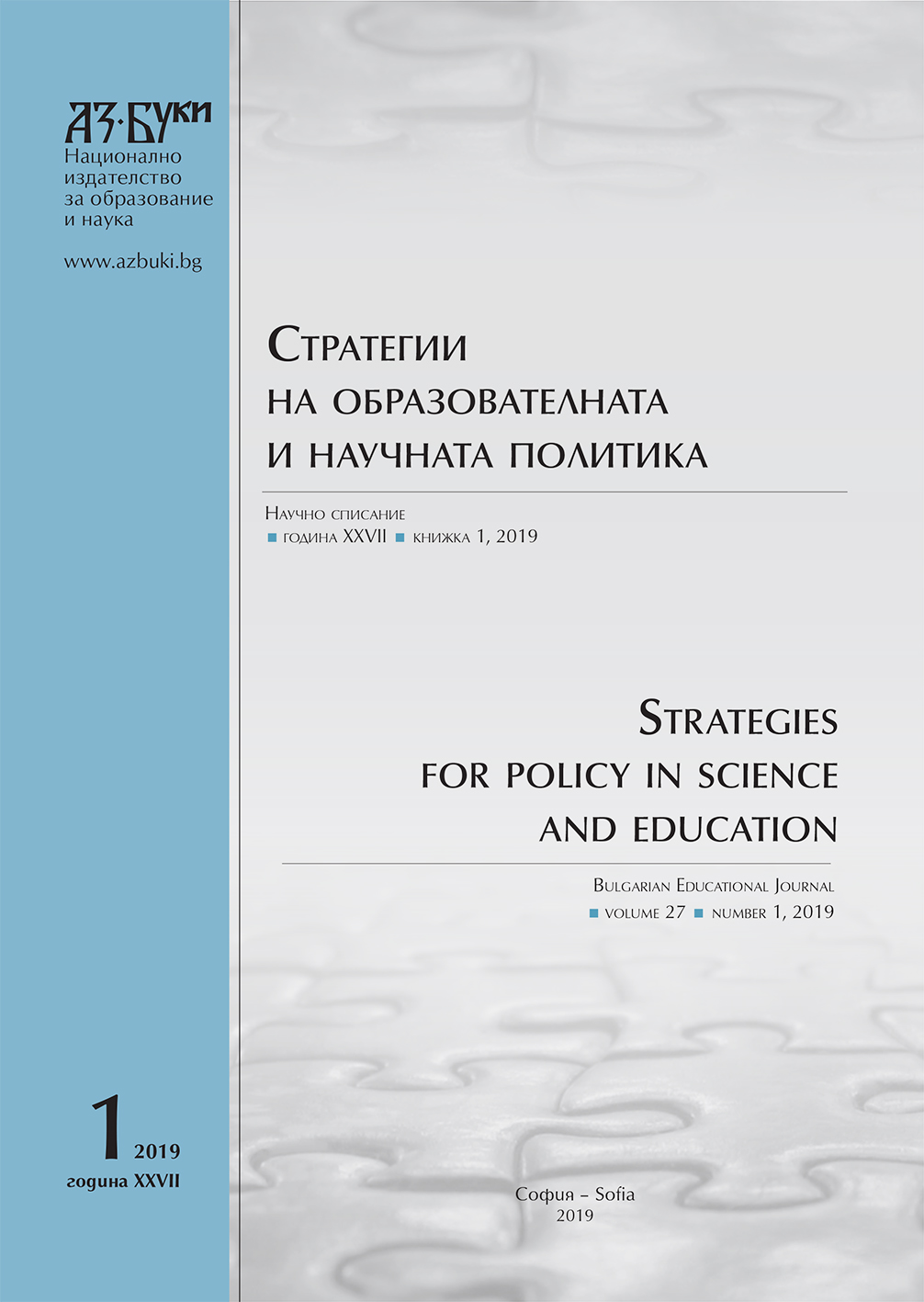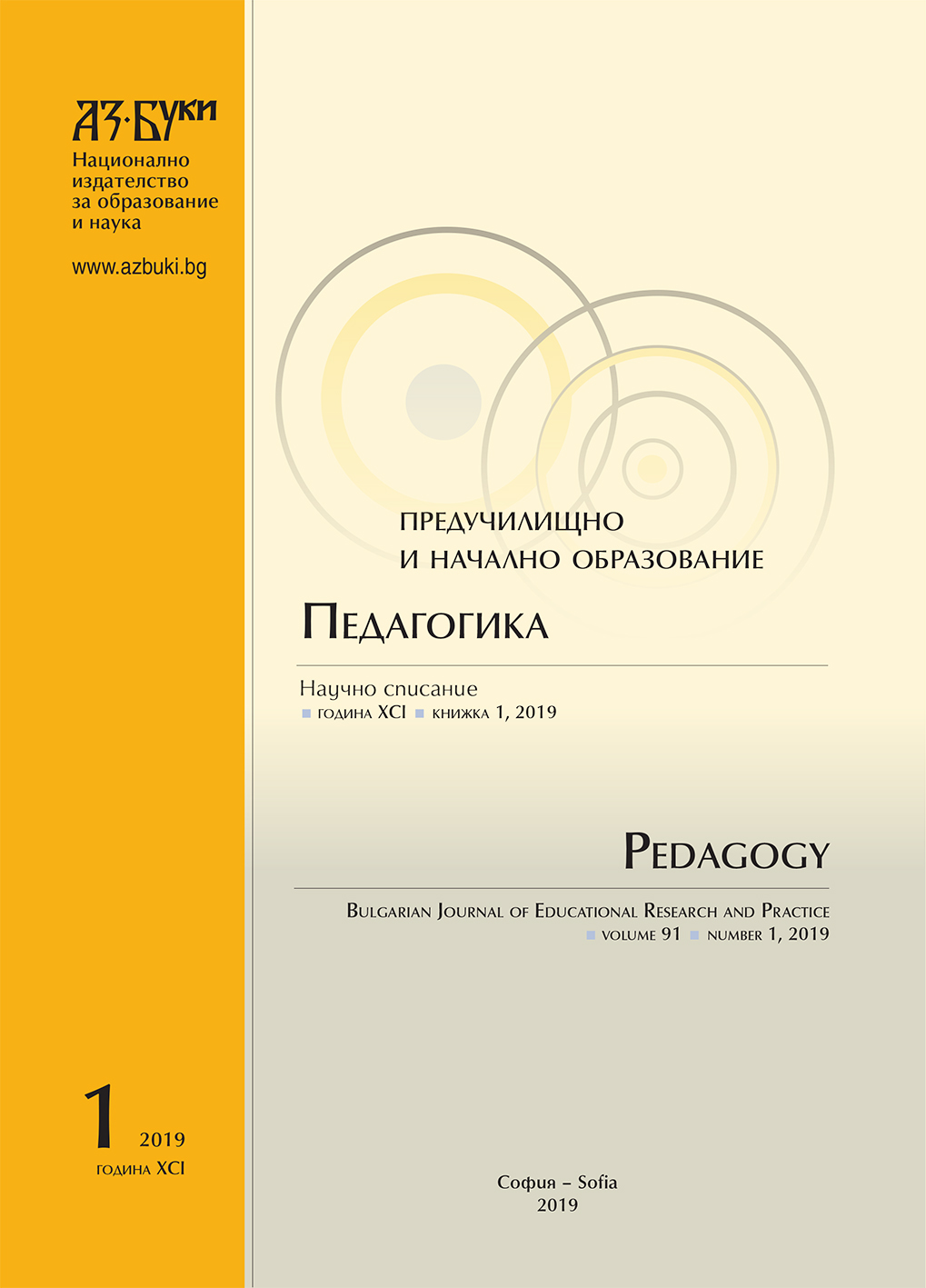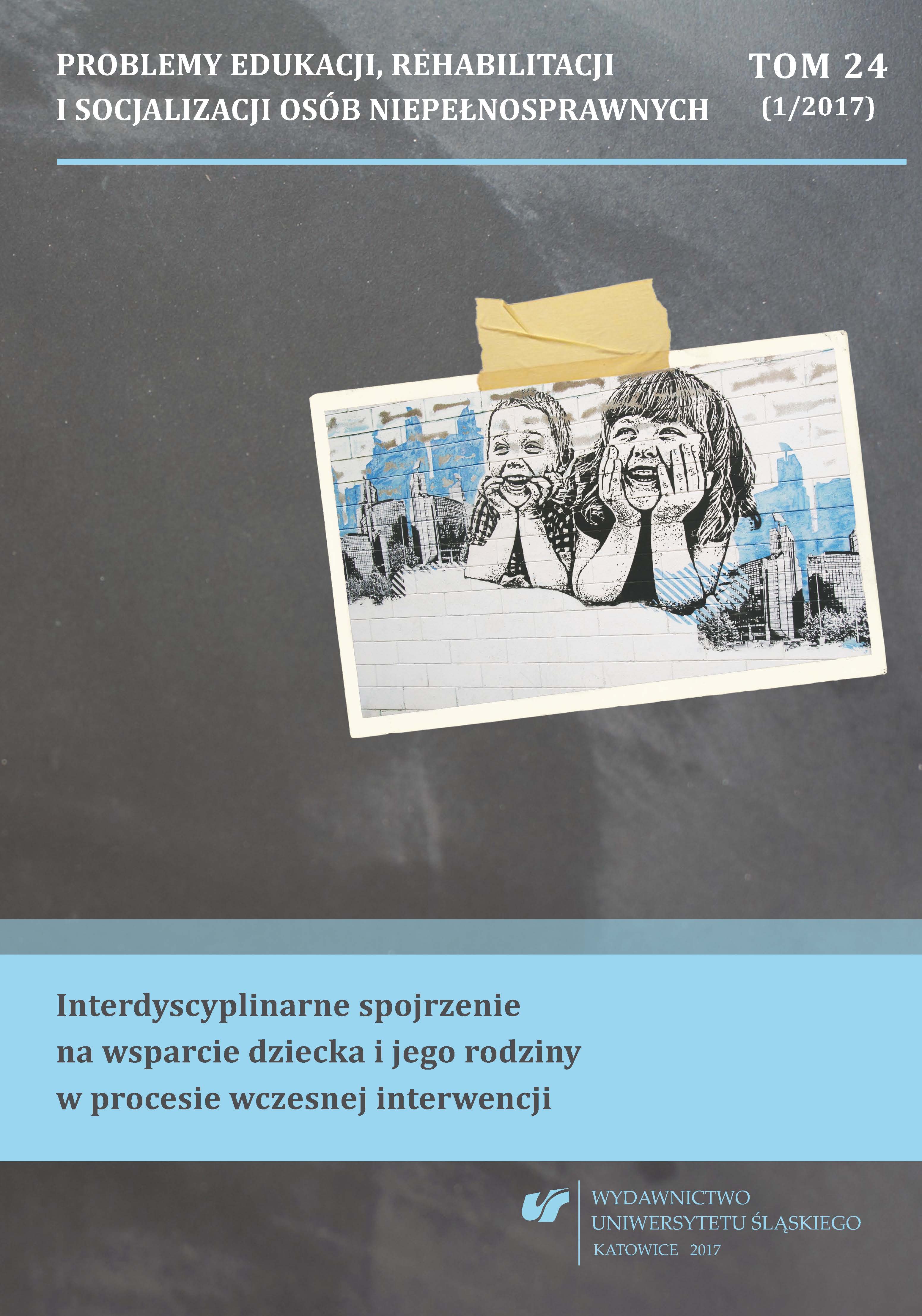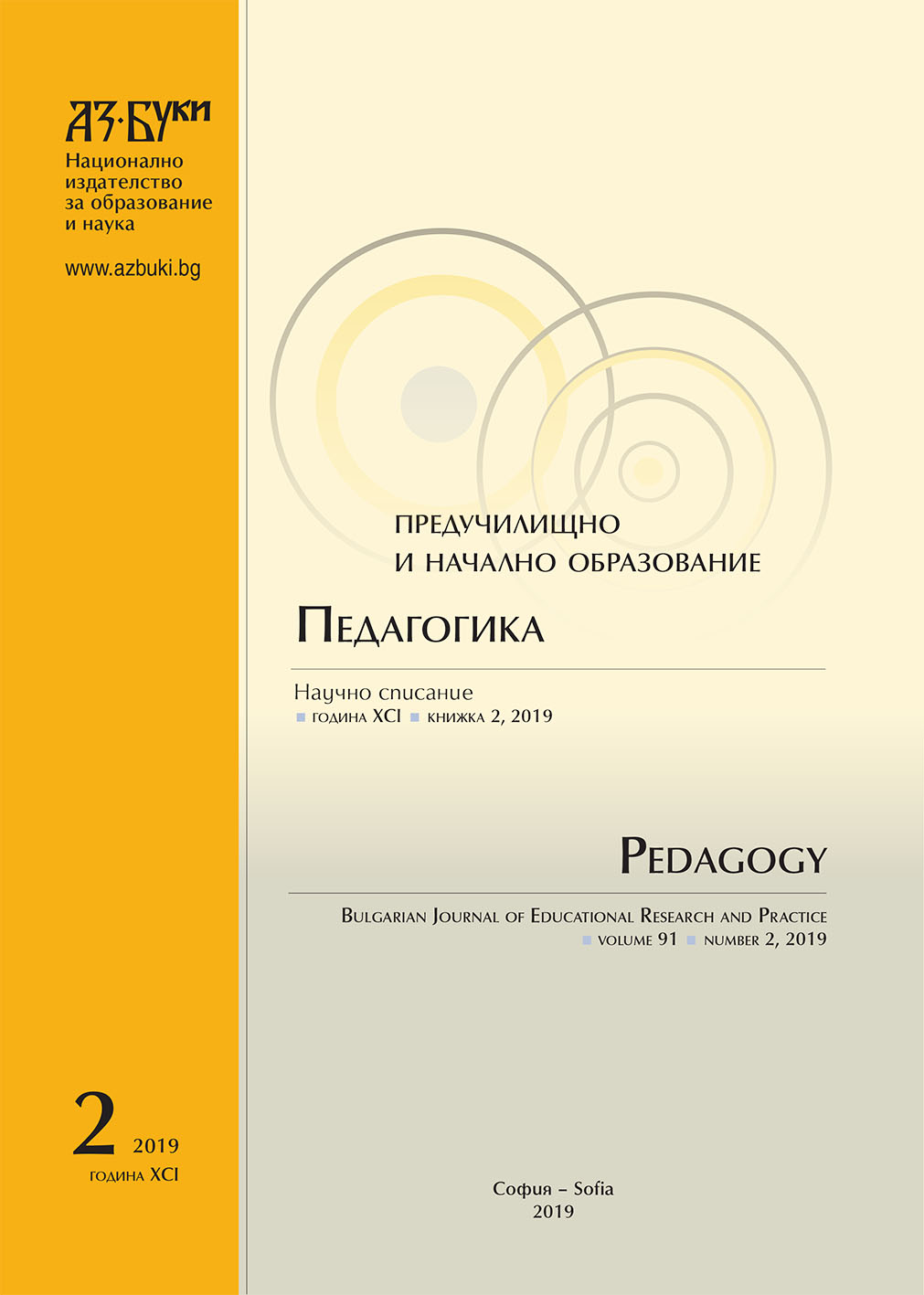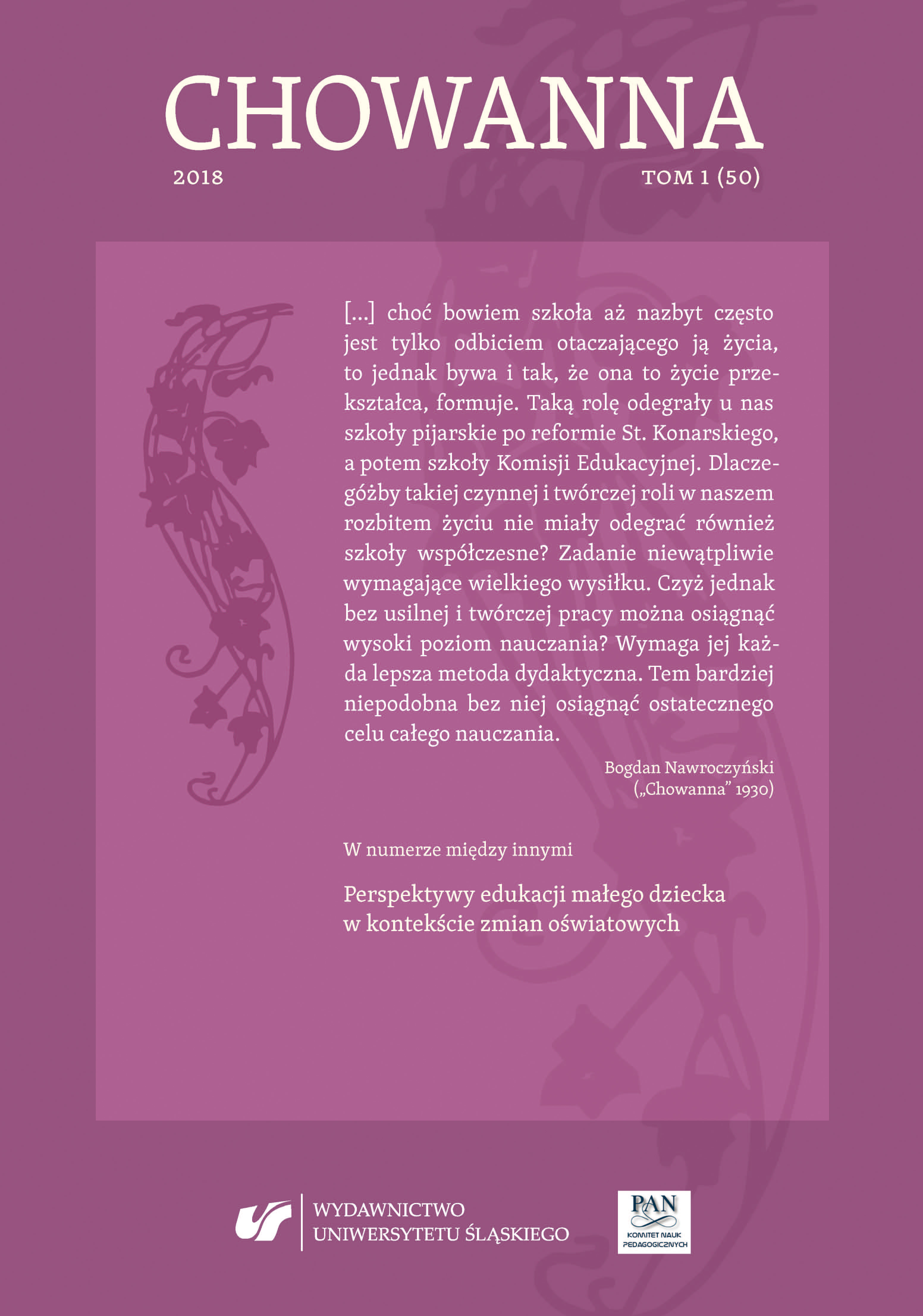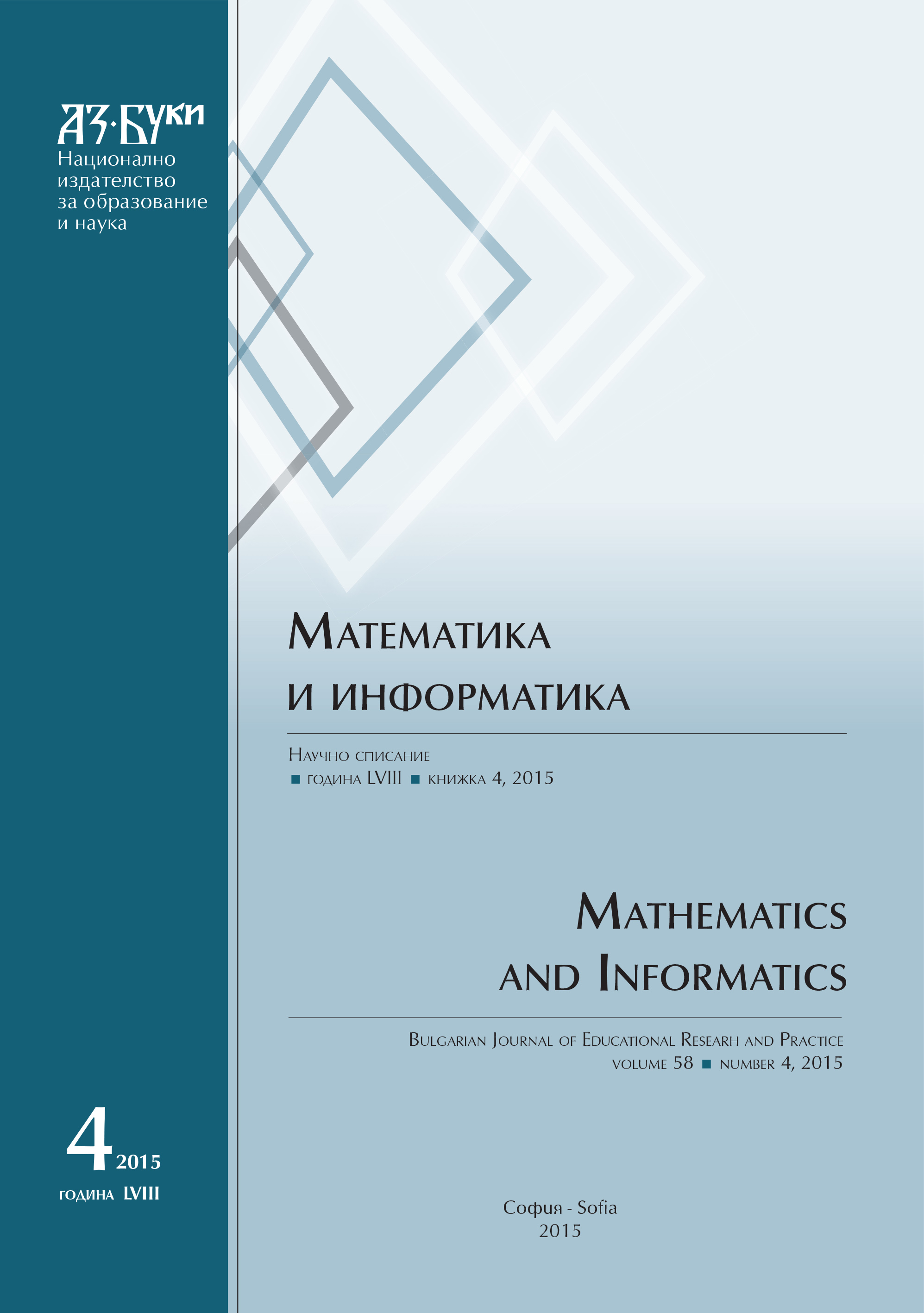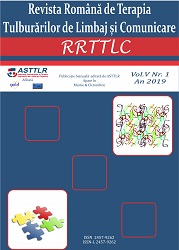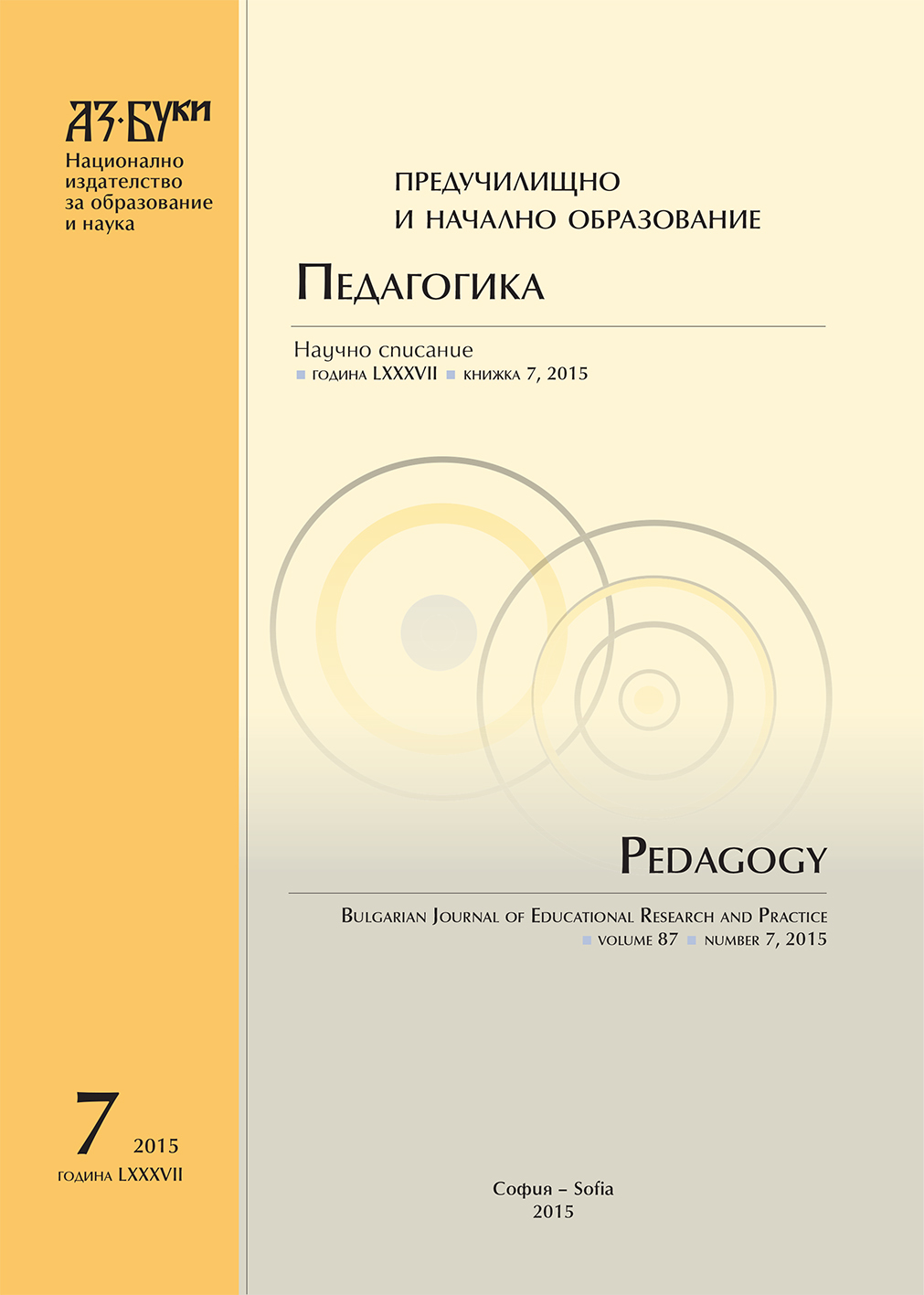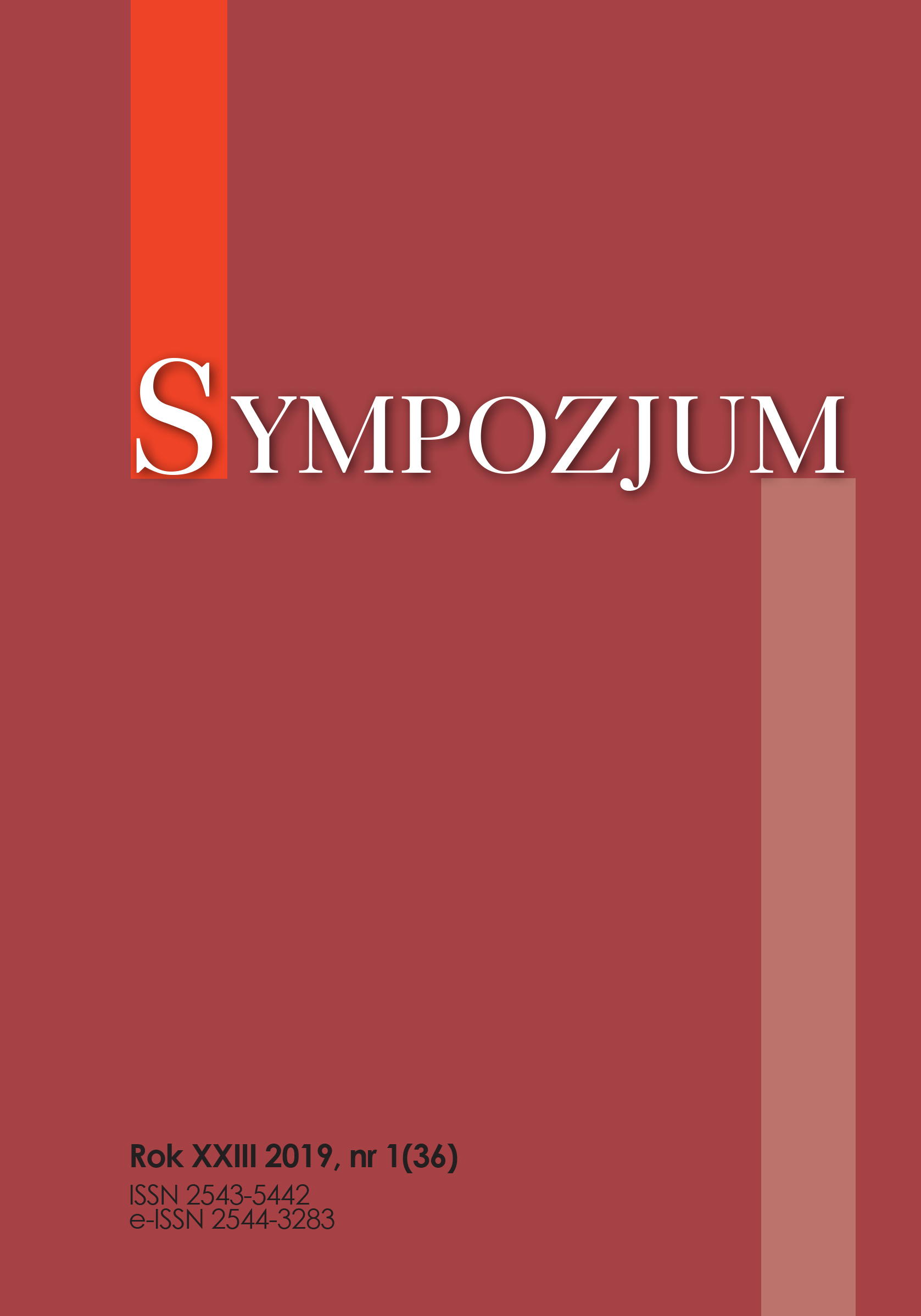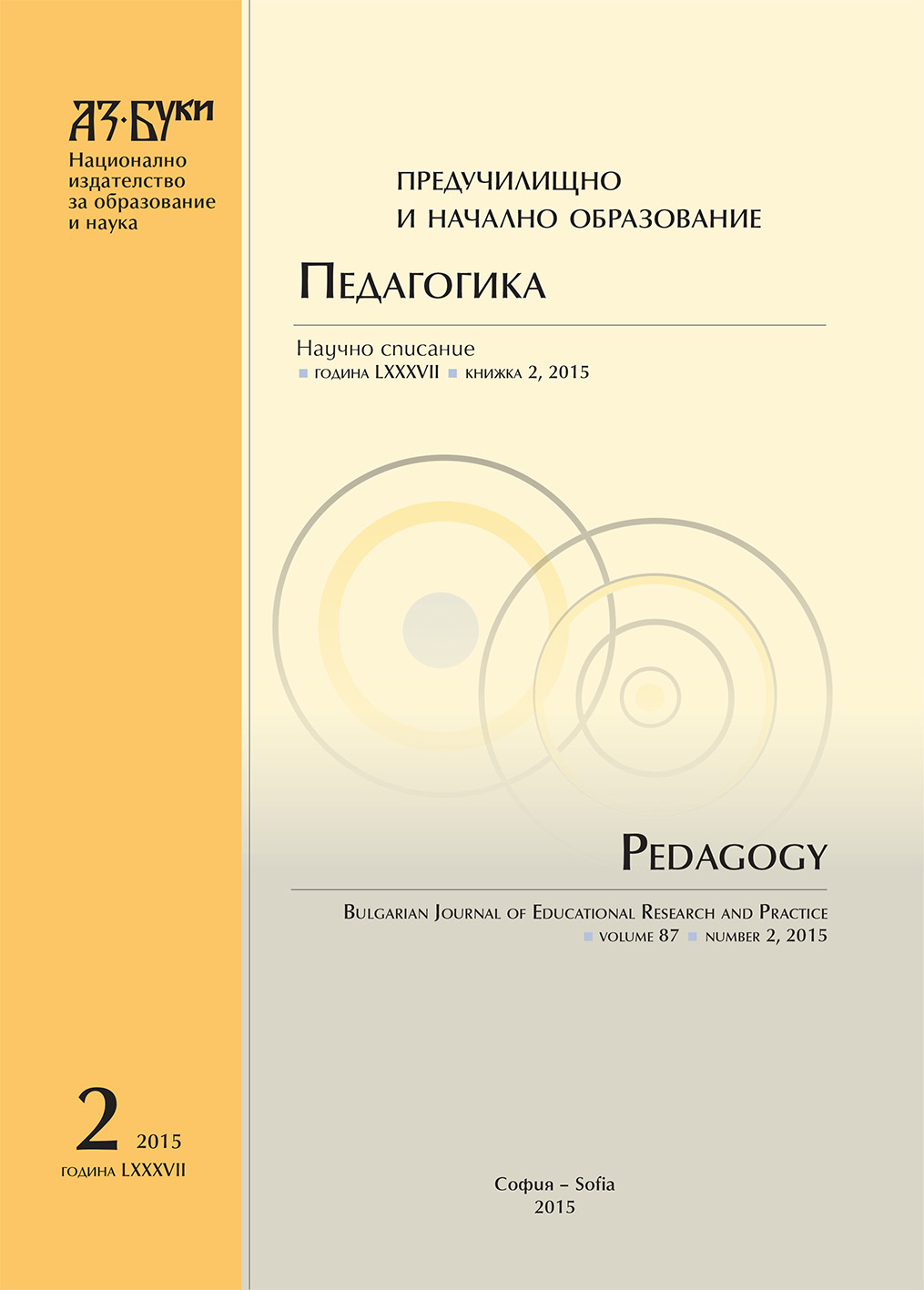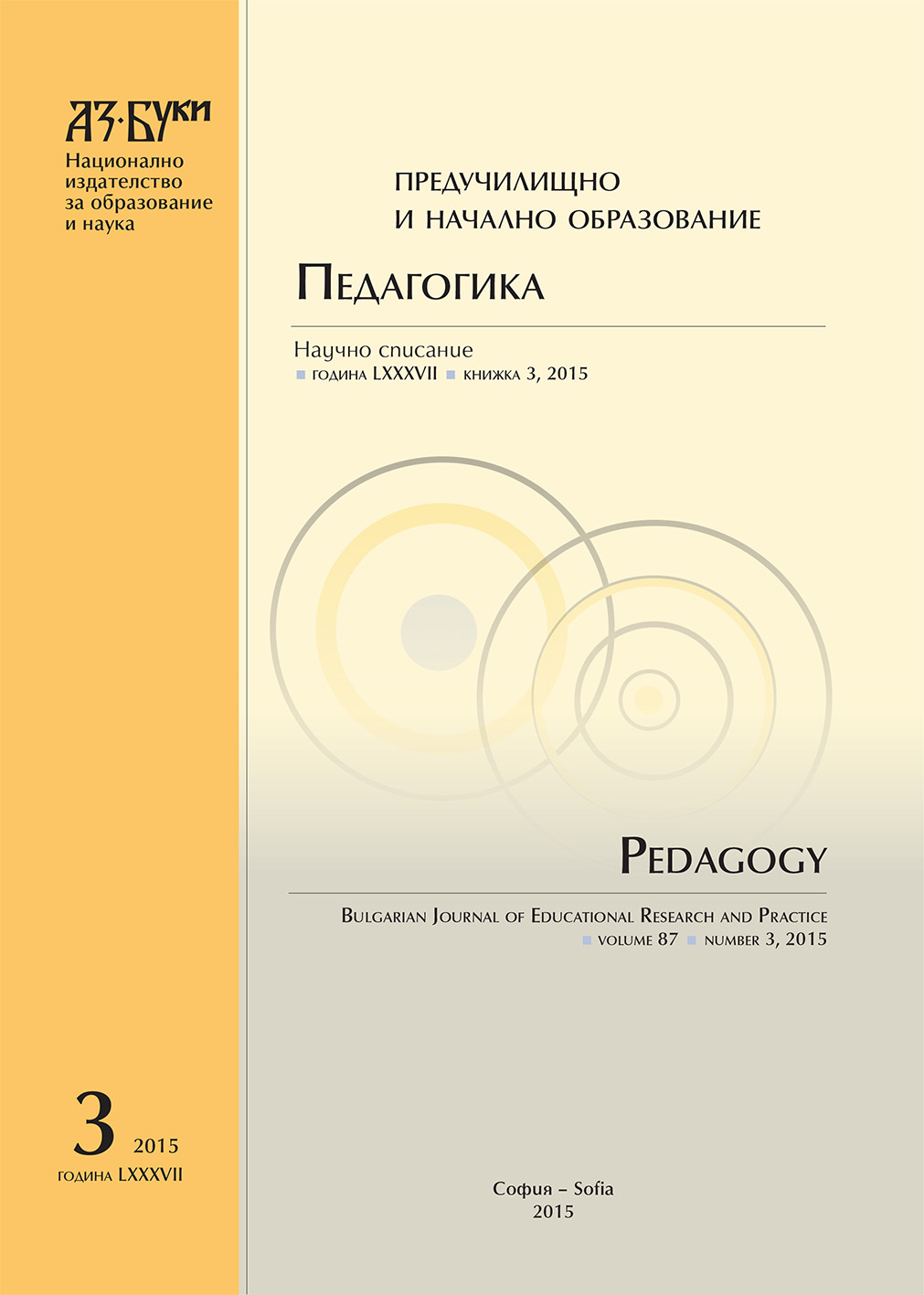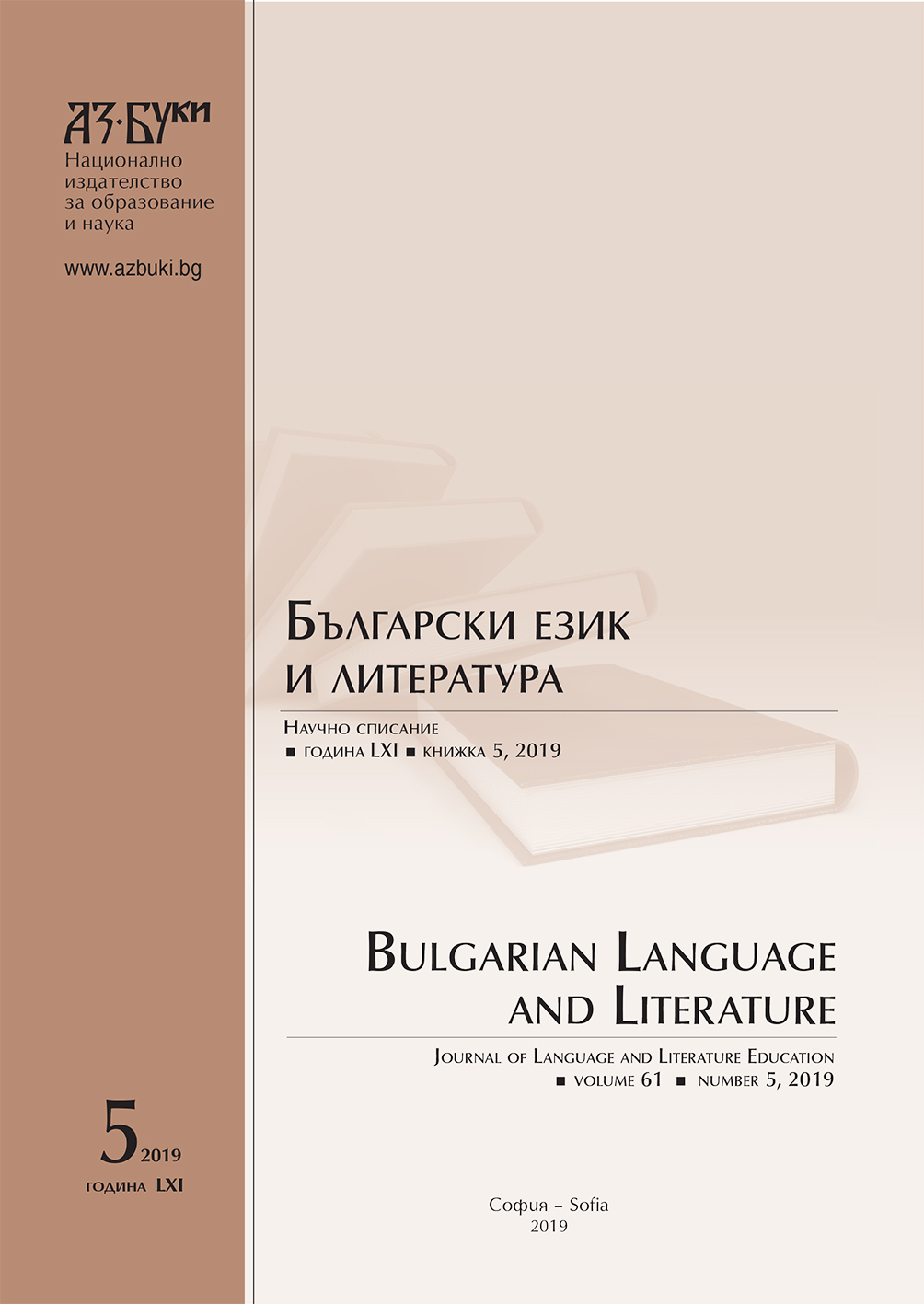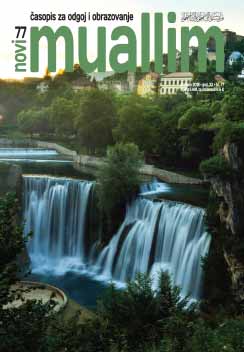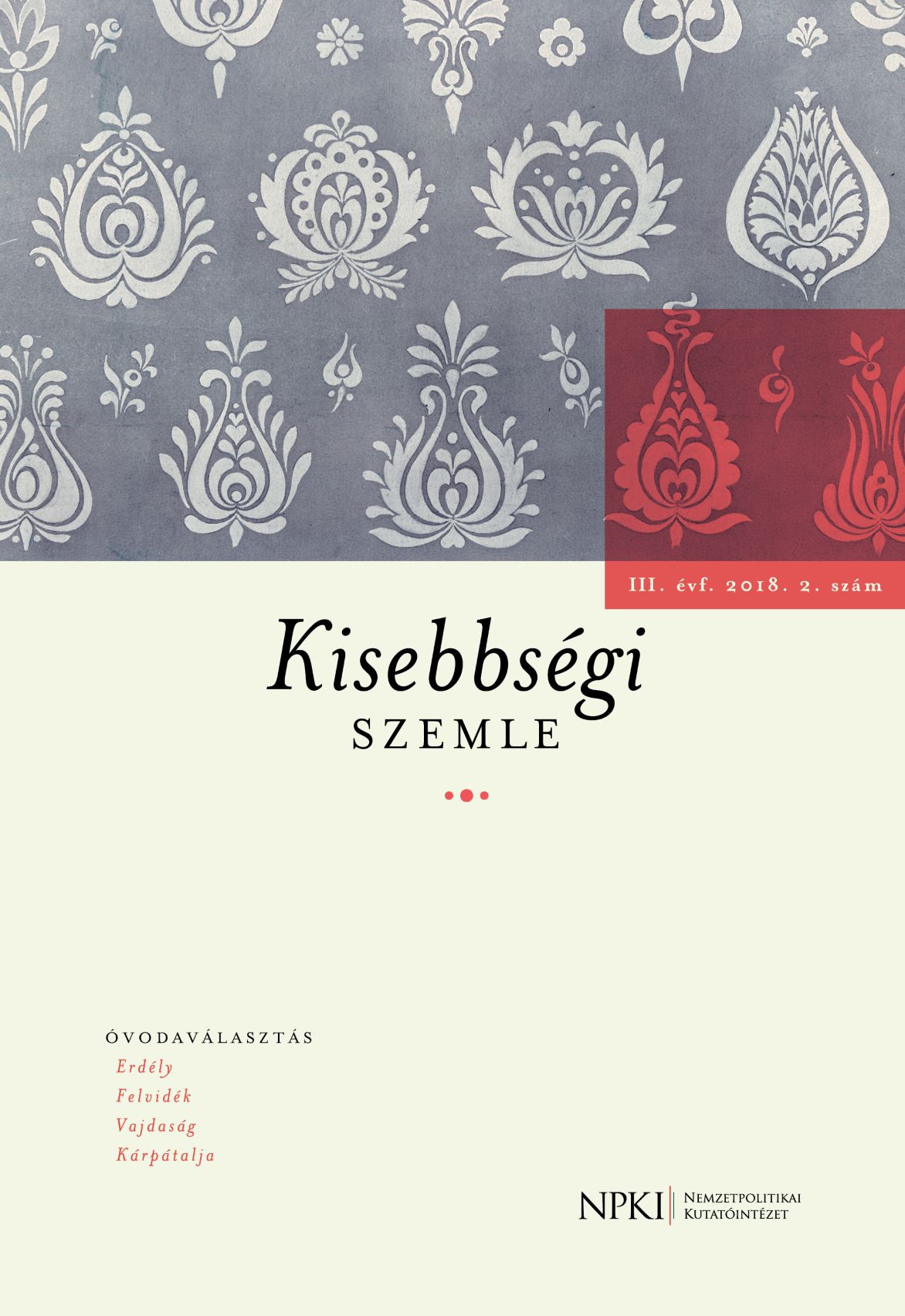
Magyar gyerekek magyar nyelvű óvodában: erdélyi szülők óvodaválasztási motivációi
During the 2017–2018 academic year in Romania, 32,754 children studied in Hungarian-medium kindergartens. The paper gives an overview of the most important results of a questionnaire based on a sample of 702 parents of the above-mentioned children. The parental attitudes towards kindergarten and school choice are analyzed according to the following aspects: (1) the influencing factors in kindergarten selection, (2) the relation between parents and the kindergarten/its personnel, and (3) the main factors in school choice. One of the most important conclusions of the research is that only 40% of the parents had a real option to choose between at least two institutions. In these cases, where a choice took place, pre-school selection primarily was based on pragmatic aspects, including factors such as the quality of the pedagogic work, infrastructure, location, and equipment. The survey highlighted that ethnically determined factors have smaller effect on the parental decisions; however they still belong to the very important motivations. Regarding future school choice, parents base their decision on the quality of the pedagogic work and the facilities of the schools. Linguistic factors seem to be less influential; however, the ratio of language switch (a change to Romanian school after Hungarian-medium kindergarten) is low.
More...
